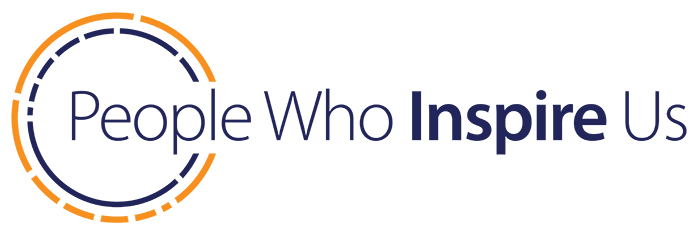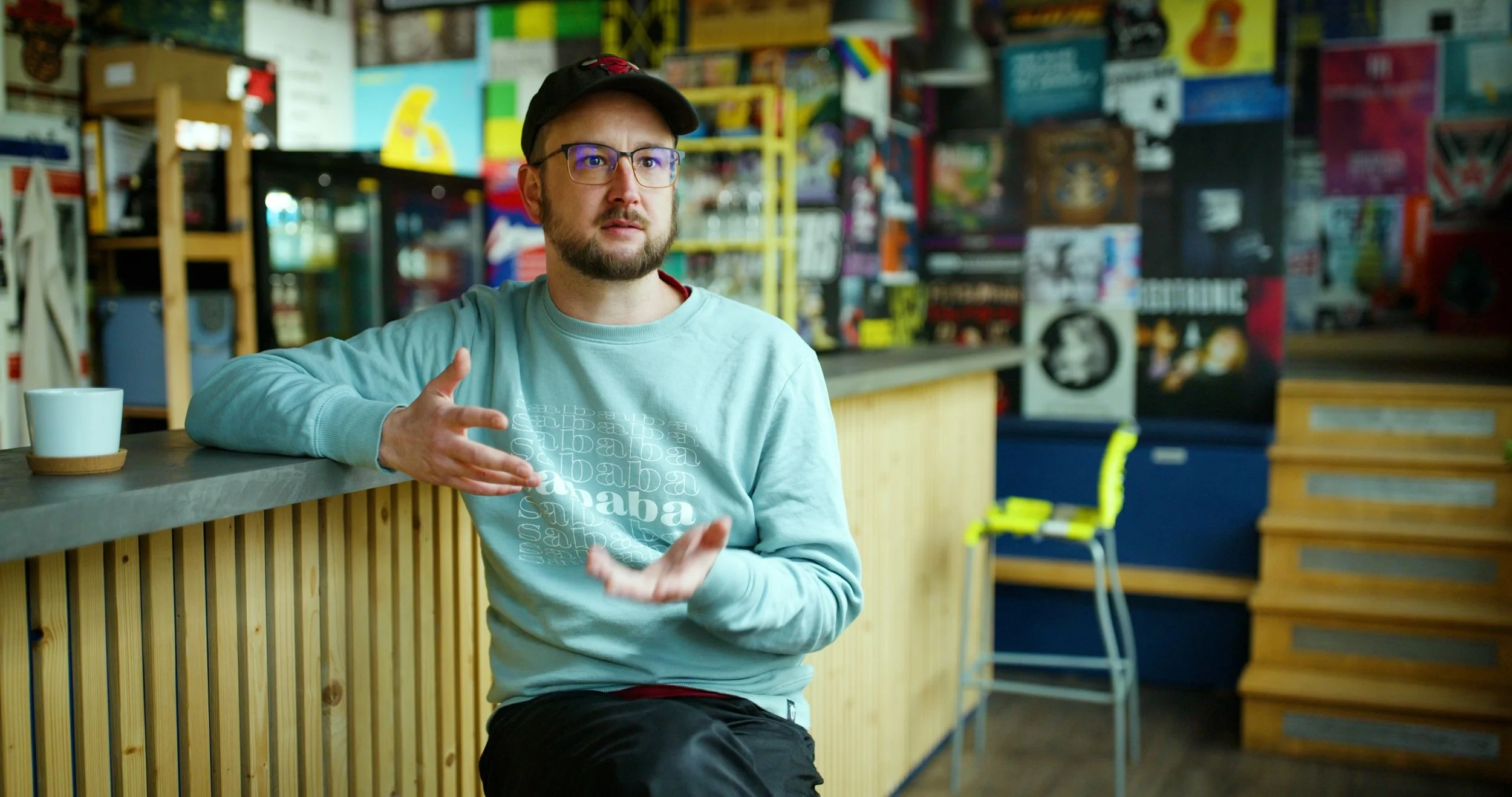Stephan Conrad
Stephan “Conny” Conrad remembers when skinheads and neo-Nazis loomed over the social scene in his hometown of Döbeln, Germany.
Döbeln is in Saxony, a state in the former East Germany. “I was born in 1985, so I went to kindergarten in a communist country, then suddenly the world changed,” he says.
Out of the economic disruption of the time and the disaffection that came with it grew right-wing gangs that thrived on harassing and attacking anyone who was different, particularly young people, Conny says. The gangs could be attractive to teens who “felt like they are strong, they are tough; I want to be like them,” he says.
A punk friend — just the type of person the gangs liked to attack — introduced Conny to Treibhaus (the German word for greenhouse), a community center founded in 1997. “The origin of Treibhaus is as a shelter, so to speak, where you could be a hip-hopper, a punk, or a goth, or whatever and not be discriminated against,” he says. As a teen, Treibhaus helped him understand how limiting the worldview of the skinheads and neo-Nazis actually is. He learned that “life is better if you are open-minded,” he says. “It’s more fun, and you can make more friends.”
Treibhaus has grown into an anchor of the community — a youth activity center, a place where immigrants and refugees can gather and find support, a source of democracy education, and a driving force in uncovering local Jewish history.
Conny, who is currently taking part in Widen the Circle's immersive Visiting Program, bringing together German and American remembrance activists, has played a key role in every step of the organization’s growth. He has served in roles ranging from volunteer to chairman of the board. As a trained social worker, he has worked with young people and developed youth programs at Treibhaus. And his interest in local Jewish history led him to found, together with Sophie Spitzner, the History Working Group (Geschichte AG). The History Working Group has developed city tours and school programs, installed stumbling stones (Stolpersteine), published material about the local history, and helped descendants find their family roots in Döbeln. This is all in an area where the right wing still has a stronghold.
One basic building block at Treibhaus consists of encouraging people to undertake any kind of project, says Conny. “There is a need, someone has an idea, so come here. Let’s work together on it and then try it out. It either works or it doesn’t. And I think that’s what makes a greenhouse. That’s what makes a socio-cultural center in the best sense of the term.”
The goal is still to counter the influence of the extreme right, he says, and Treibhaus provides an easy way to start the conversation. “Above all, there is the goal of breaking down prejudices through low-threshold options—enabling encounters, the exchange of ideas, imparting knowledge,” he says.
And clearly, it’s making a difference.



